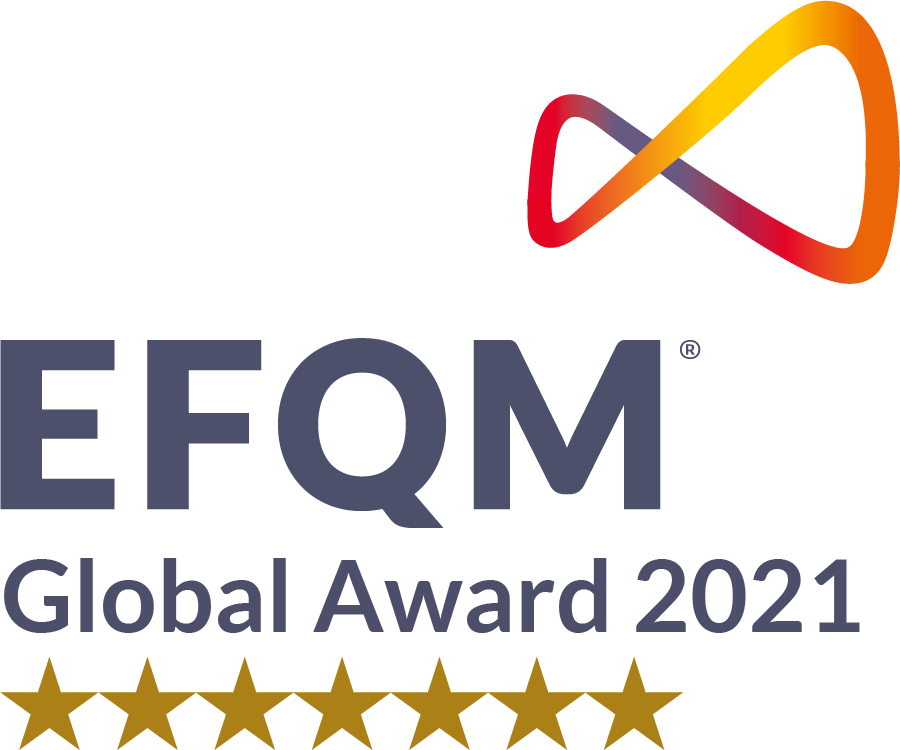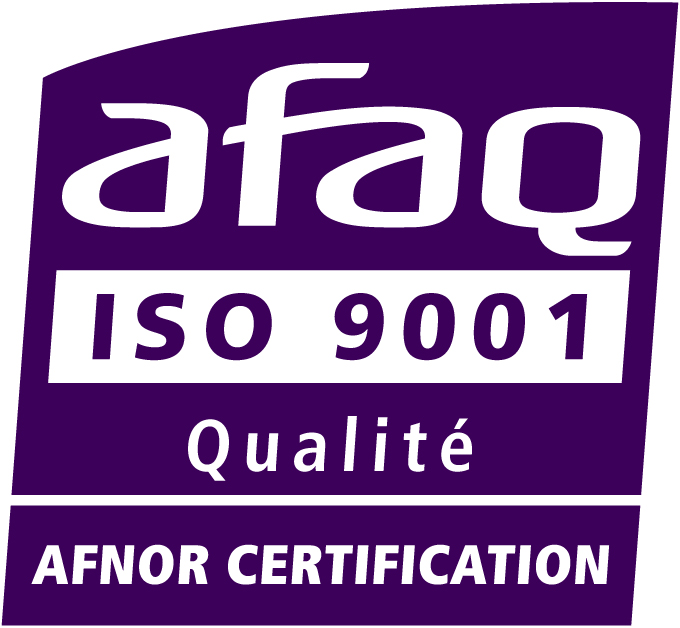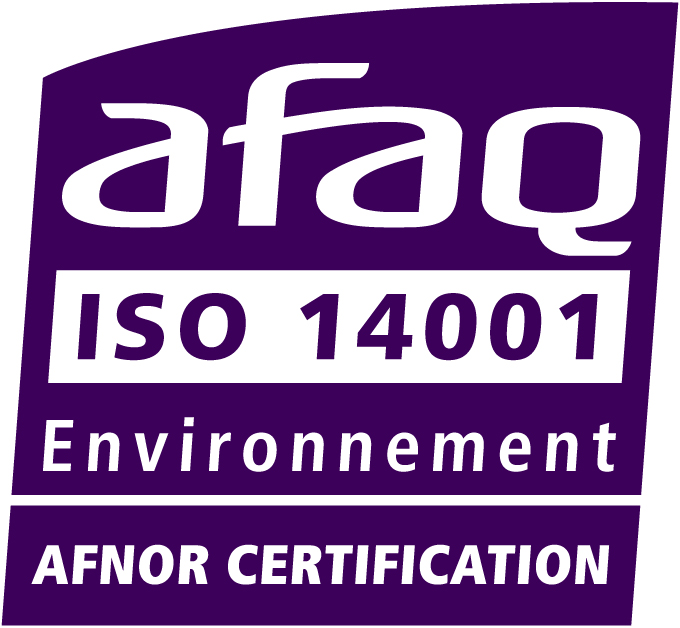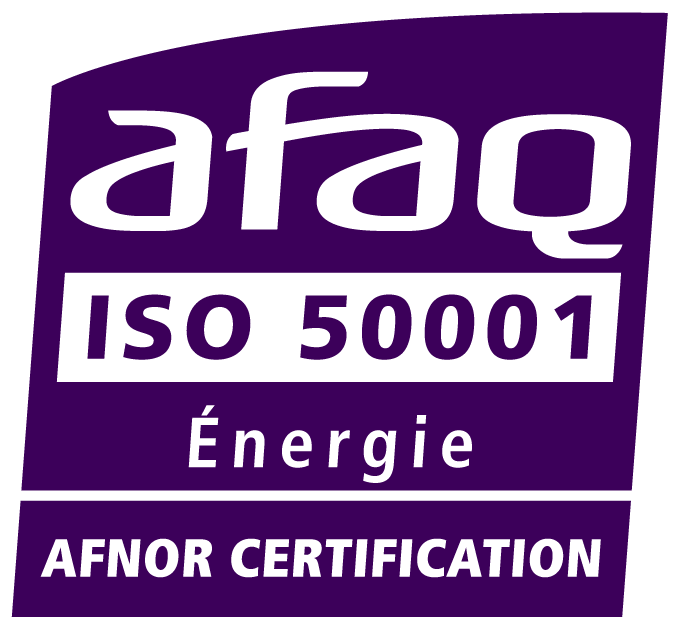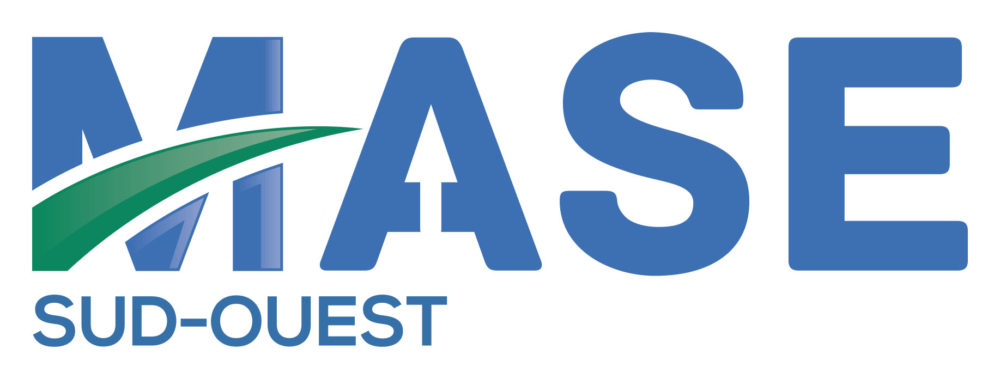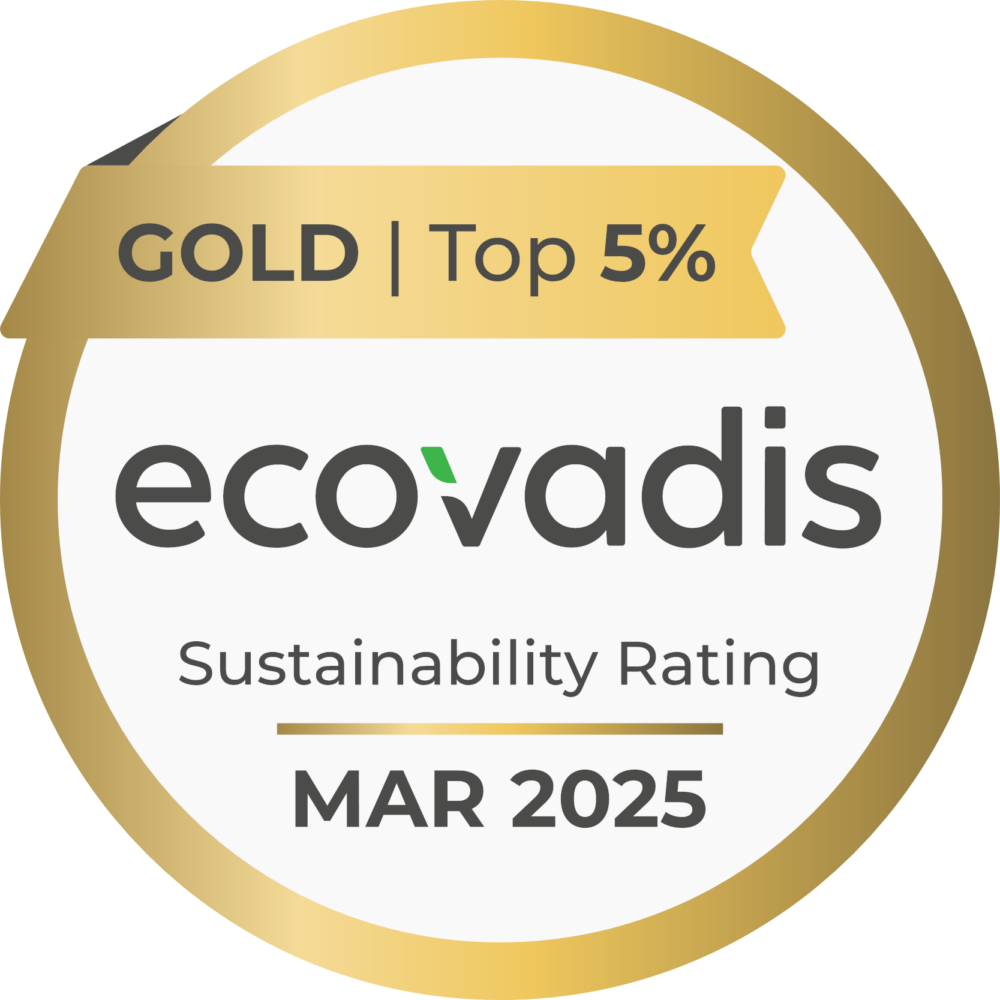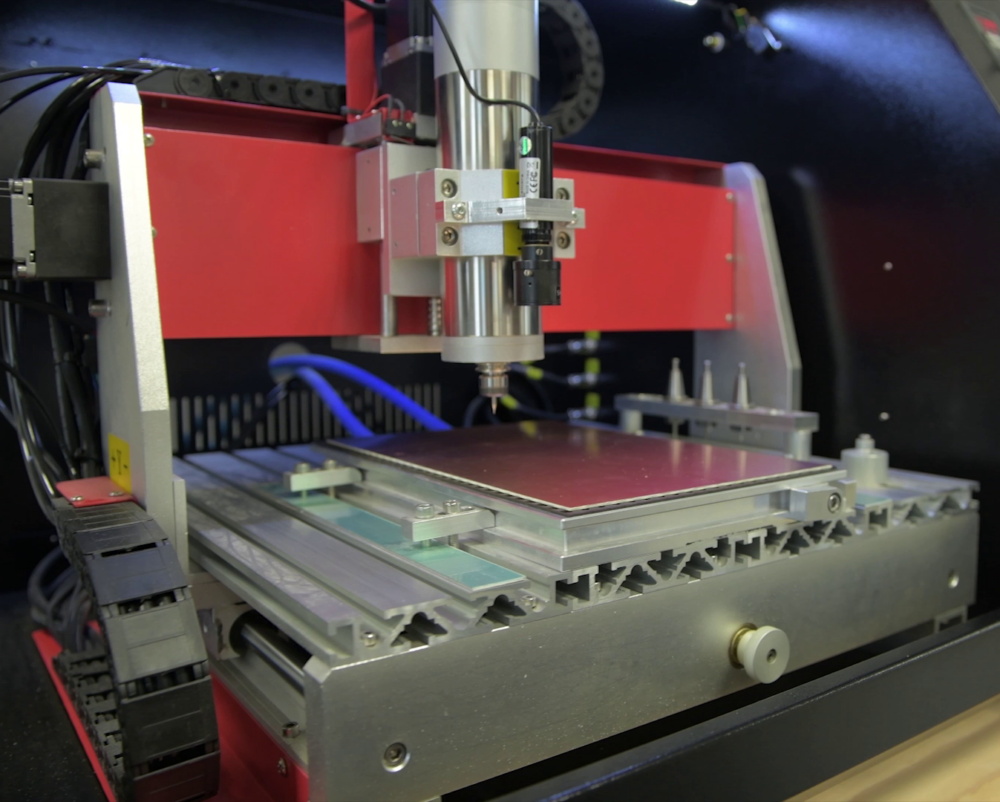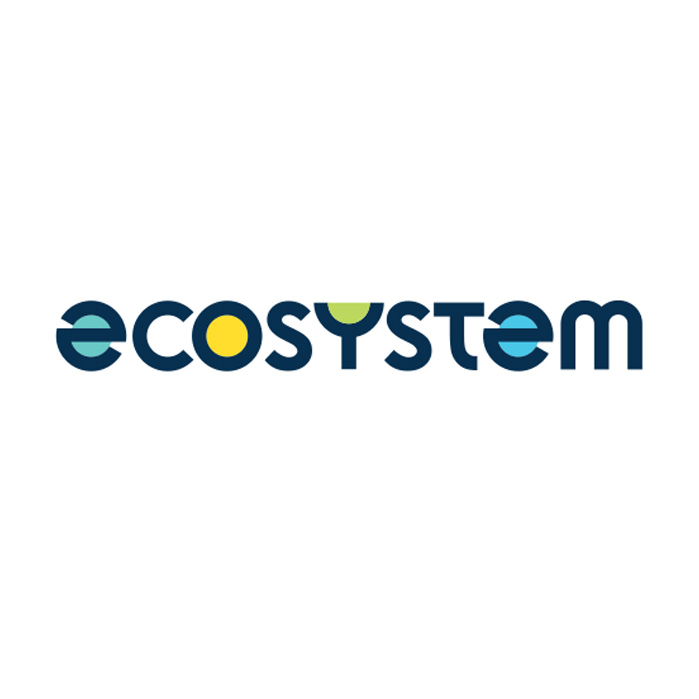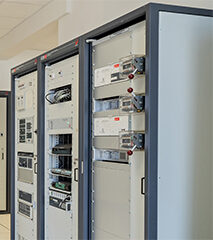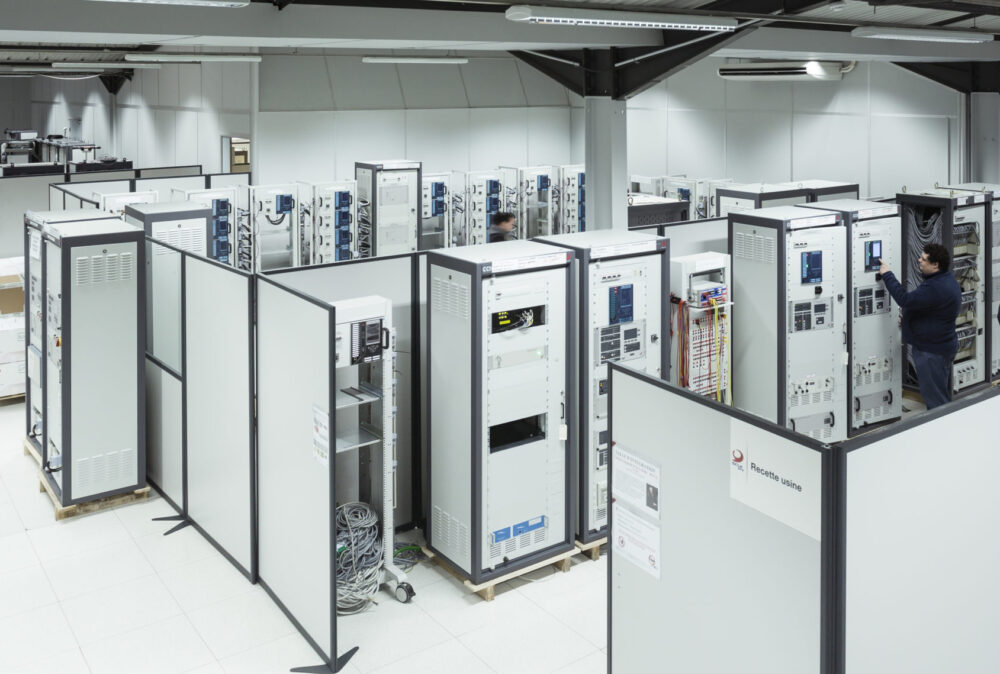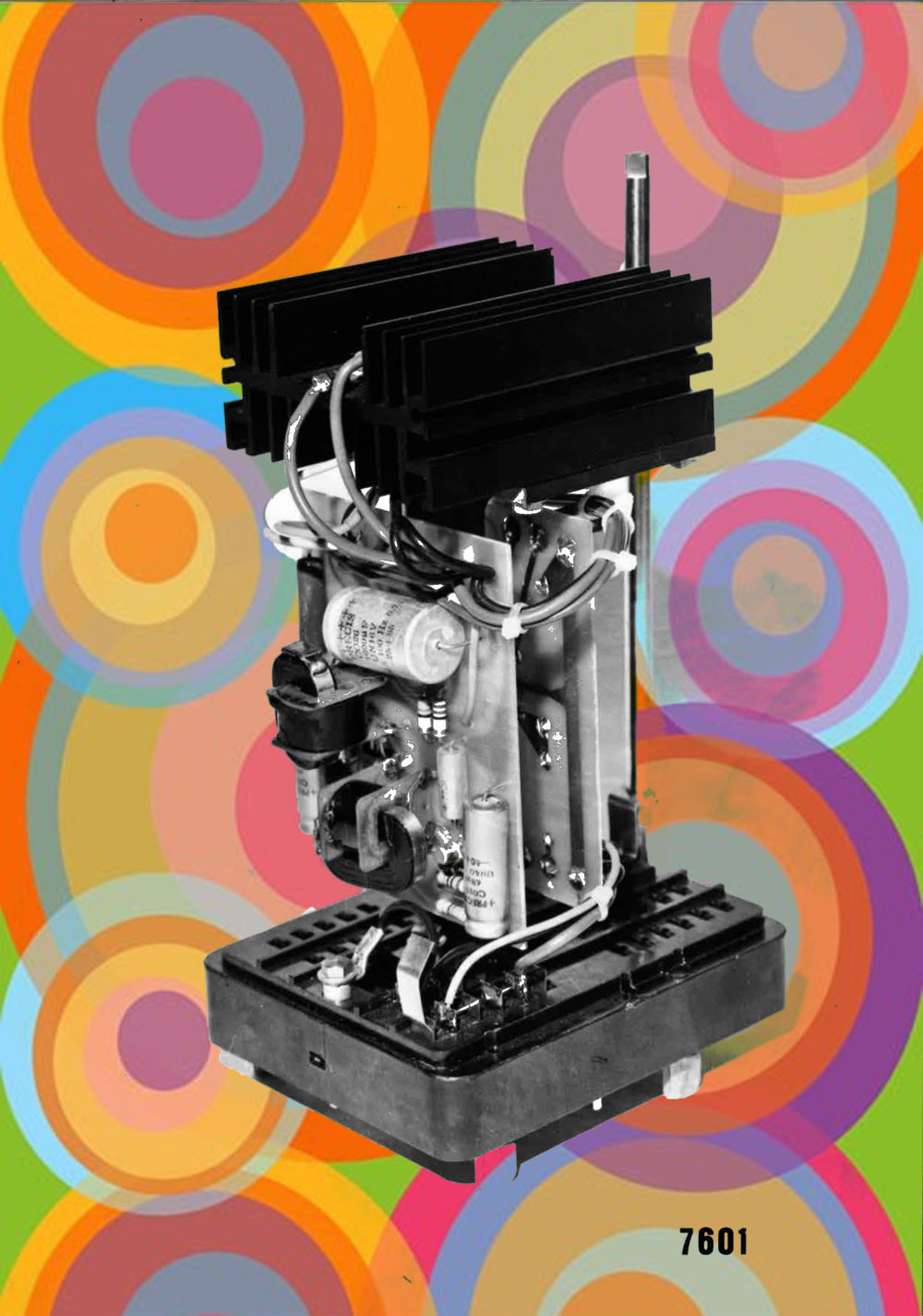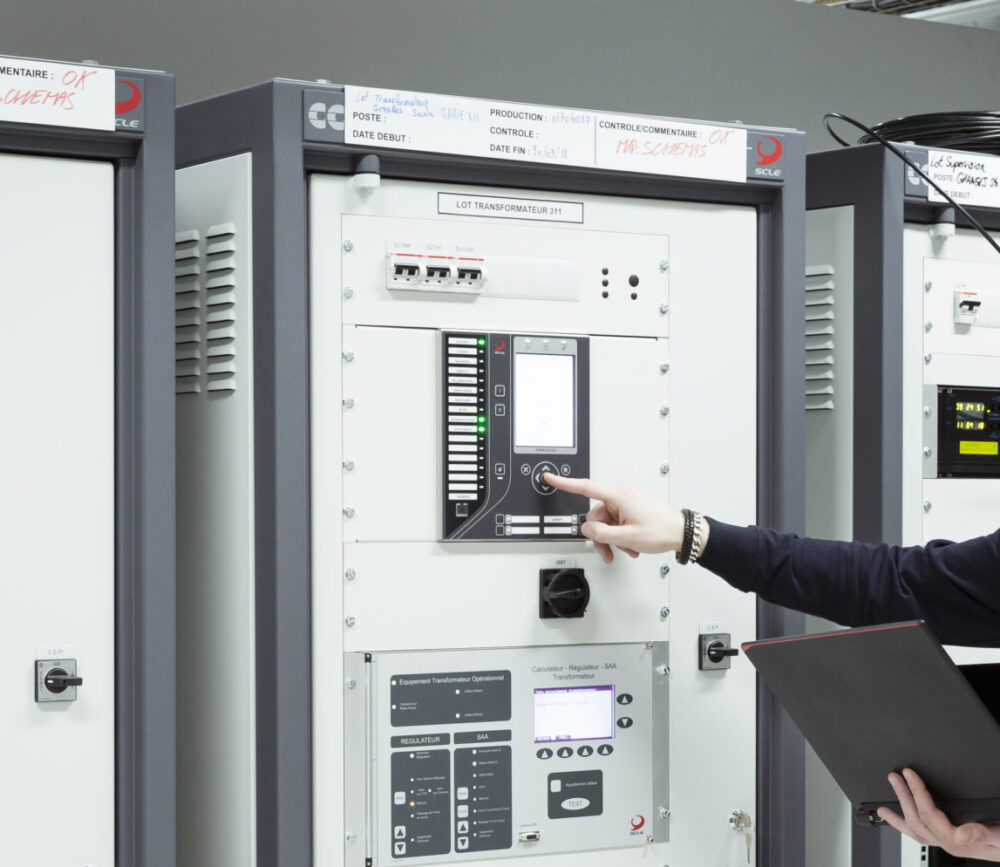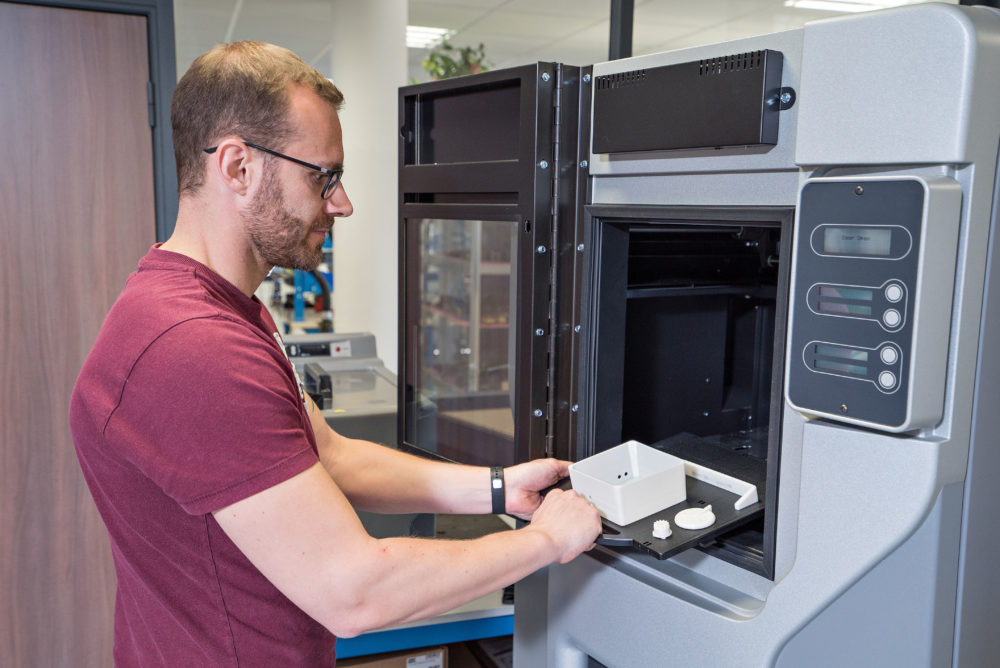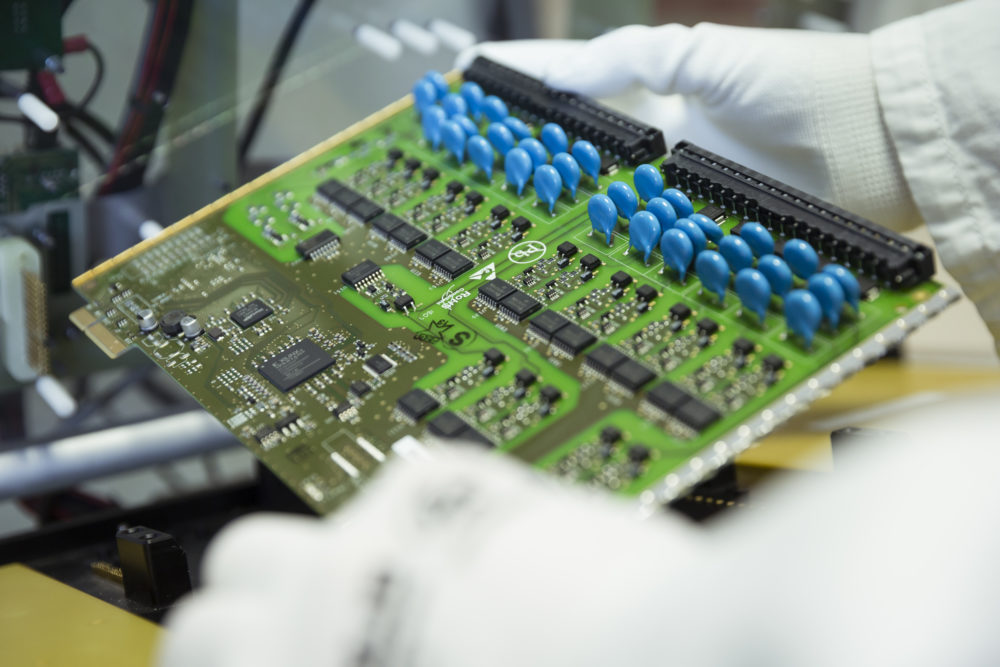Sustainable development
Committed to the energy transition
A commitment set down in detail in our Sustainable Development Report
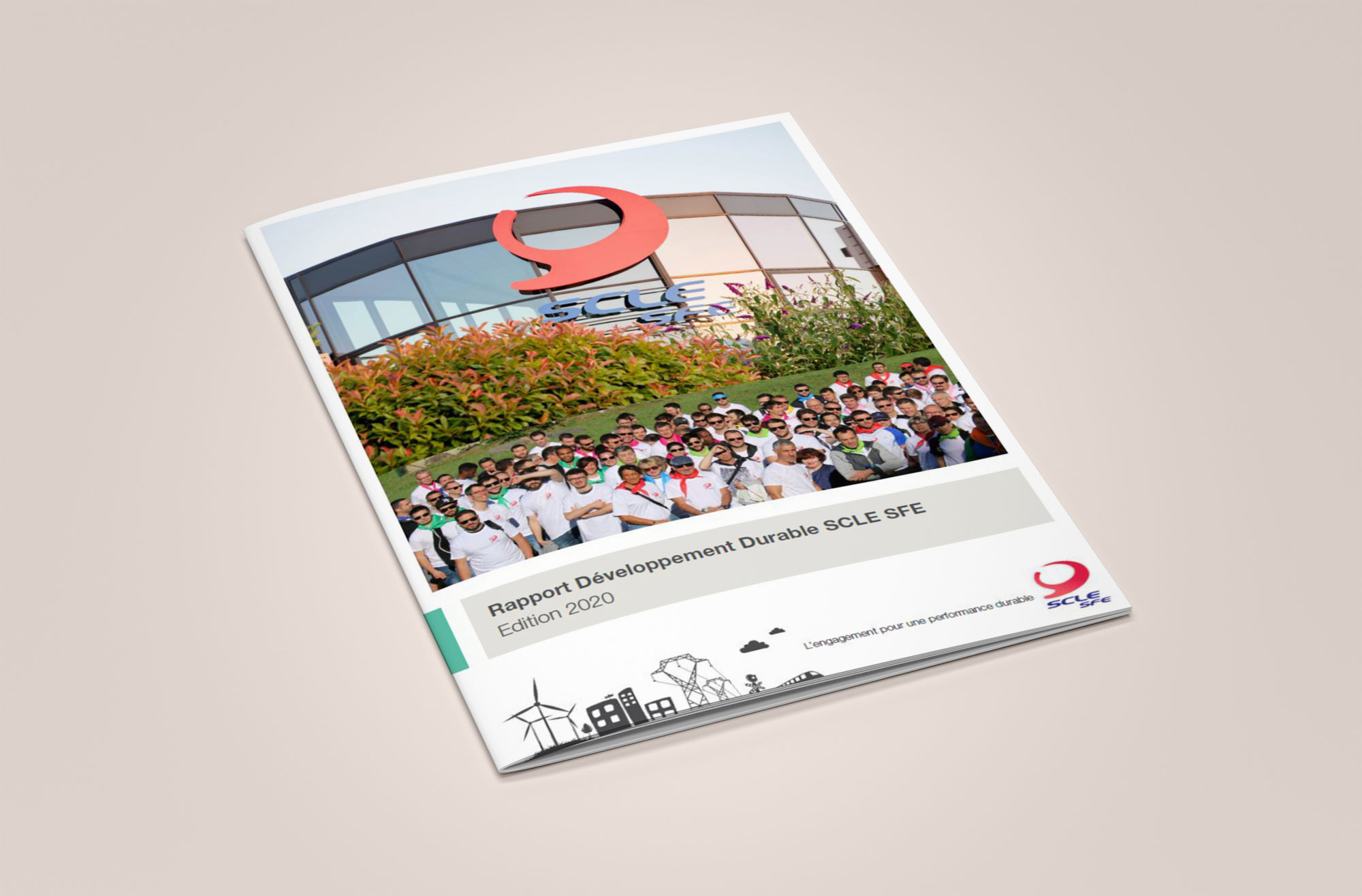
We are fully engaged in the third industrial revolution
The world is undergoing major changes impacting production, our relationship to work and energy management. We are supporting these changes.
Since 2006, we have been implementing the EFQM model which fosters sustainable and balanced performance. Adopted by many European businesses, this model targets continuous improvement—with the pooling of good managerial and environmental practices a key challenge.
Our action in this area is exemplary and recognized by our peers.
Our Corporate Social Responsibility (CSR) policy, resulting from the EFQM model, covers very concrete measures taken with regard to social, environmental and economic matters (in compliance with ISO 26000).
Key CSR initiatives
We have a clear vision and tangible commitments:
- We produce and use clean energy
- We manufacture in France promoting proximity and sustainability
- We recycle electronic waste, paper and cardboard
- We offer apprenticeship and internship opportunities
- We sponsor outreach programs, associations and charities.
Striving for excellence through continuous improvement
We are able to reinvent ourselves and drive our business forward by harnessing the collective energy of our people.
We make headway because our management structure is horizontal rather than vertical, and because we believe that everyone has a role to play.
The working groups we organize on a variety of subjects are highly productive and we act on the decisions we make.
Reaping the rewards of our commitments
We are very proud of the awards we have received for our commitment to the environment, to the women and men who make up SCLE, and to sustainable and entrepreneurial performance.
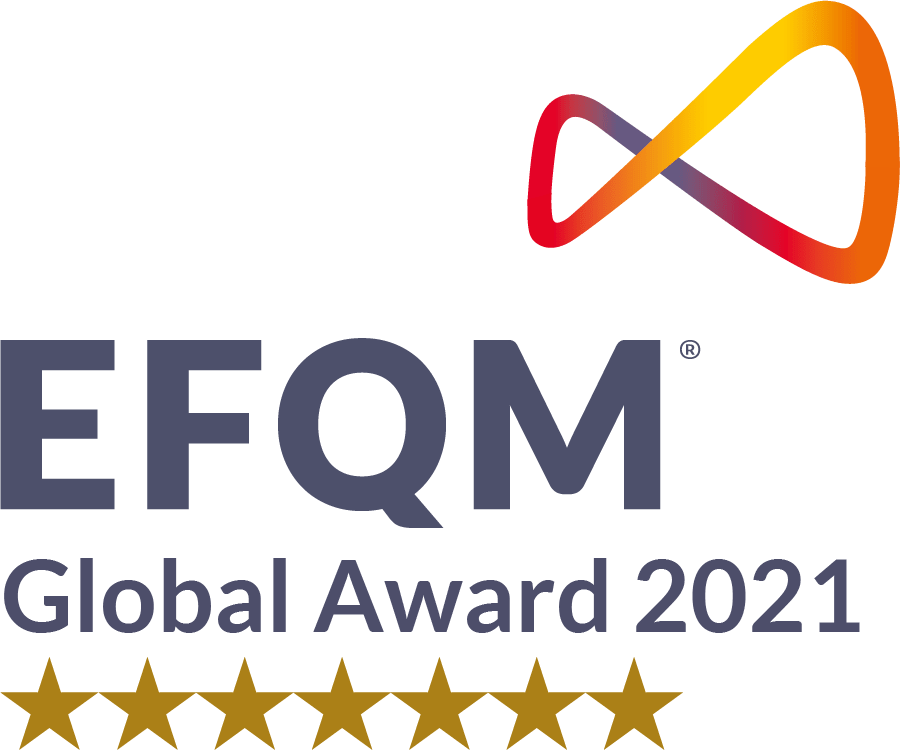
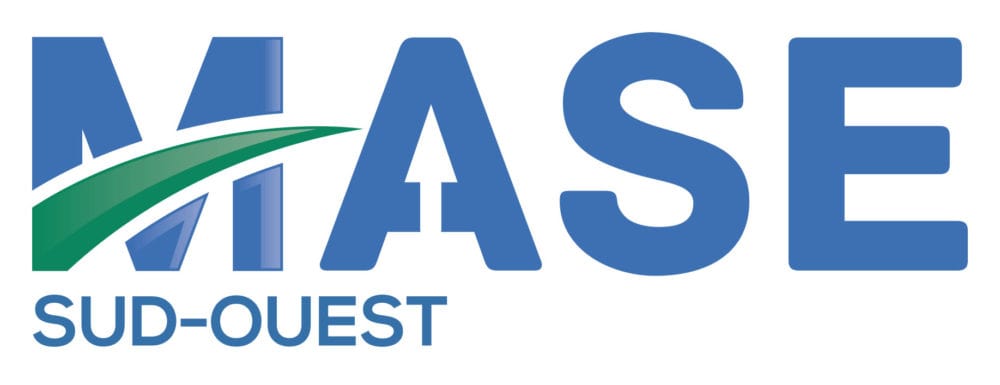
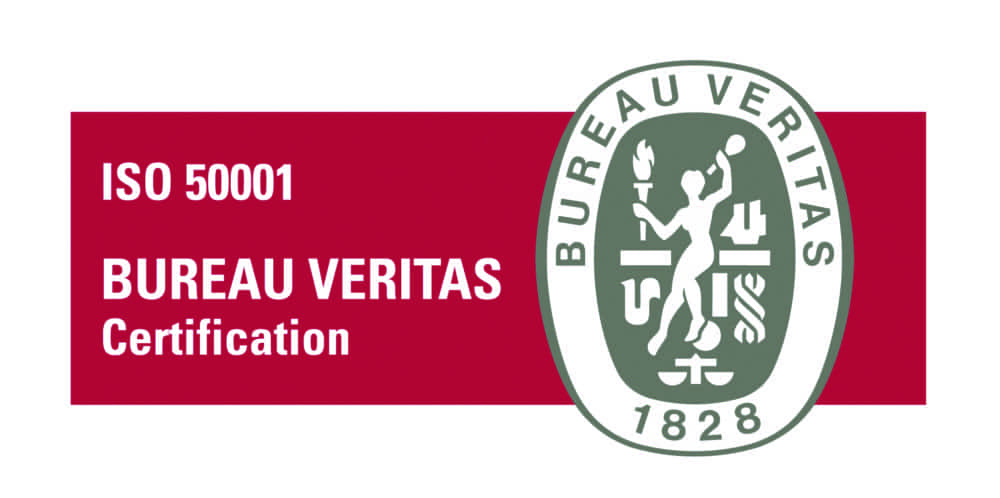

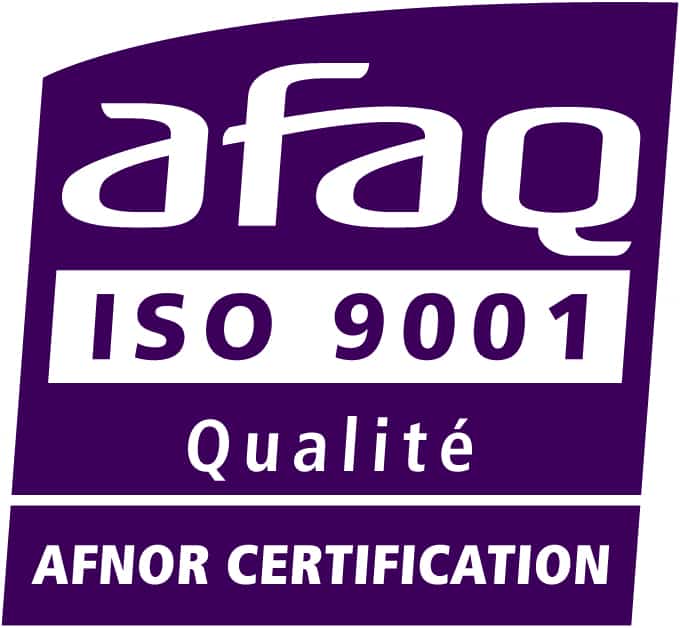
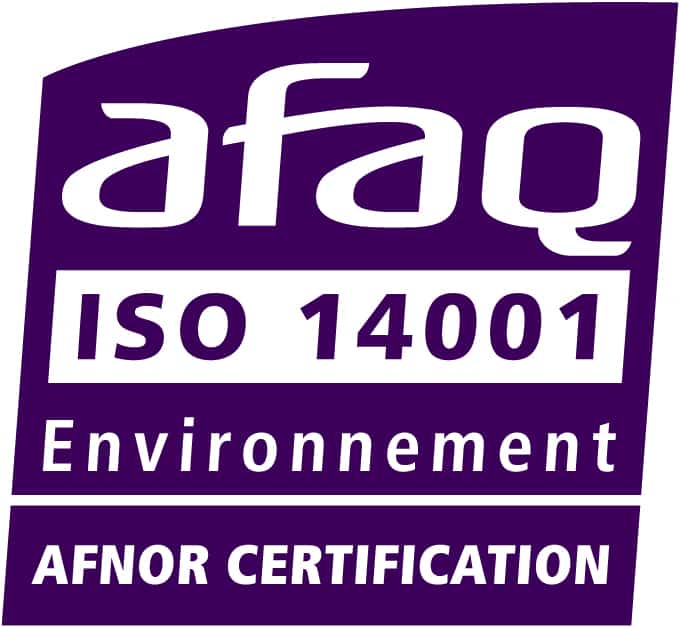
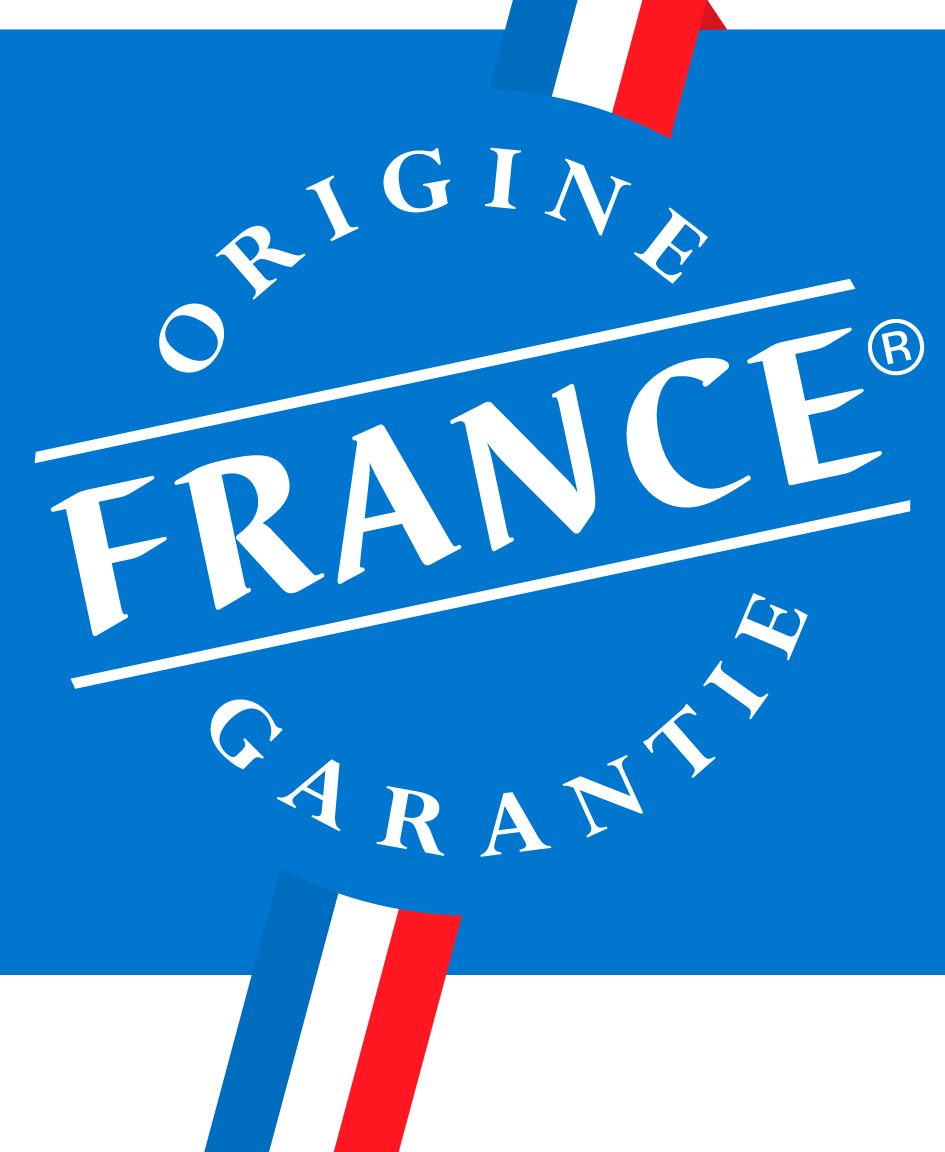
Eco-design : our actions
Our certifications
